Maybe Trump doesn’t always chicken out after all. Rapid trade deals with the UK, Japan, the EU and others in recent weeks may have given the impression that the trade war was essentially over. Today, though, comes Trump’s Ardennes offensive, with immediate tariffs of 35 per cent announced for Canada. Other countries have been given a week to prepare for steep increases: India will be subject to 25 per cent tariffs, Taiwan 20 per cent and Switzerland – far from neutral in this particular conflict – 39 per cent.
Those who insist Trump has a very clever strategy and is winning tend also to be people who, in any other context, are in favor of low taxes
According to Trump, Canada has been singled out for harsh treatment because it has failed to cooperate on the flow of fentanyl across the border. Trump also hinted that he was punishing Canada for recognizing Palestine, but then he has just done a trade deal with the EU in spite of France taking the same action, and didn’t make any trade threats to Britain in spite of Keir Starmer saying this week that the UK will recognize Palestine in September if Israel does not meet certain conditions.
It seems rather more likely that Trump is saying: look, other countries have yielded and agreed to one-sided trade deals with the US – I’m going to carry on beating you about the head until you agree to do the same. But will they? So far, the countries which have agreed to Trump’s rather rough and ready trade deals have acted as if the benefits of a trading relationship with the US are one-way – they have more to lose than the US if a deal cannot be struck. But of course that is not always true. Taiwan, for example, produces over 90 per cent of the world’s high-end microchips, which are implanted in just about every device manufactured in the US. What benefit does it bring America if those chips are in future taxed at 20 per cent?
There is a strange dislocation in attitudes towards Trump’s tariffs. Those who insist he has a very clever strategy and is winning tend also to be people who, in any other context, are in favour of low taxes. But a tariff is just a tax like any other – it adds costs to business and so suppresses economic activity. If tariffs are set at modest levels, it may be worth putting up with tariffs’ depressing effect in return for the revenue they raise. Raise them above a certain level, however, and revenue will start to decline as business activity is discouraged – the classic Laffer effect. US growth may have proved more resilient than many feared it would be after Liberation Day, but it is certain that tariffs on raw materials and components are a negative influence on US manufacturing industry.
A country does not “win” by taxing its imports more than other countries tax its exports – if it did, the US would be one of the poorest countries in the world while many African countries would be startlingly rich. The US has done brilliantly well out of a regime of low import tariffs – as has Singapore, one of the few countries which, prior to Liberation Day, imposed even lower tariffs than did the US.
But even if you do think that imposing higher tariffs than your trading partners amounts to “victory,” it is far from clear that Trump will emerge the eventual winner. Some countries may have yielded to him, but others are clearly holding out, and may well make the calculation that the US has more to lose from a trade war than they do. This war has a long way to run yet.










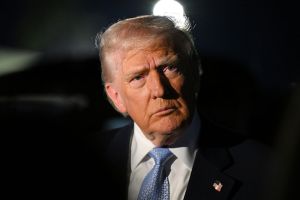
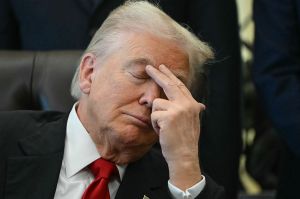
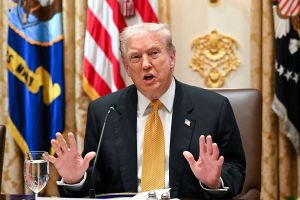
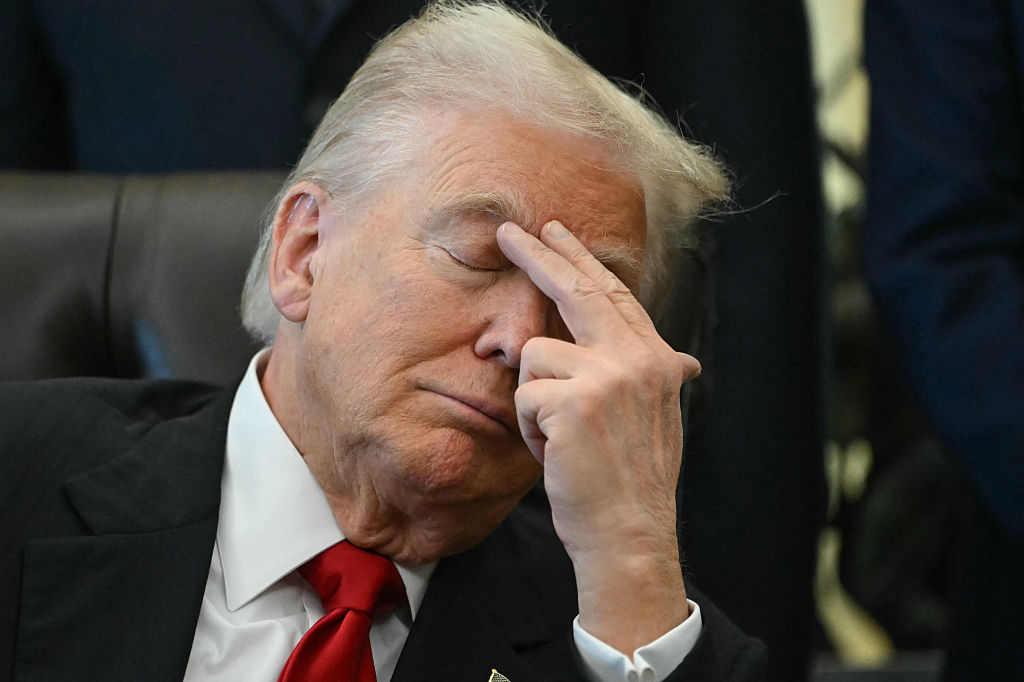
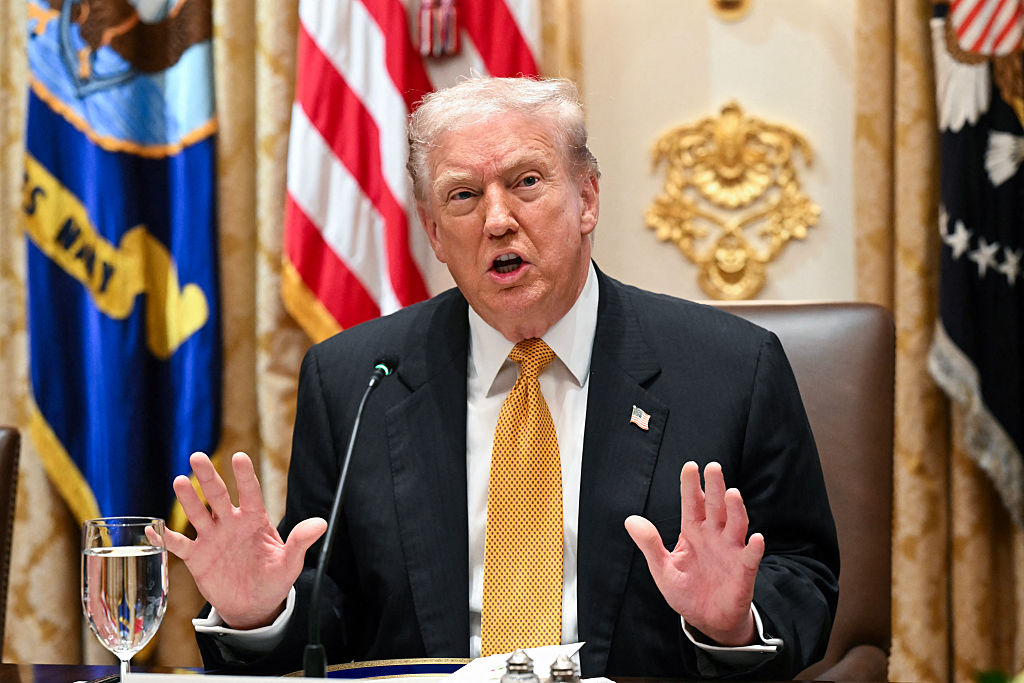
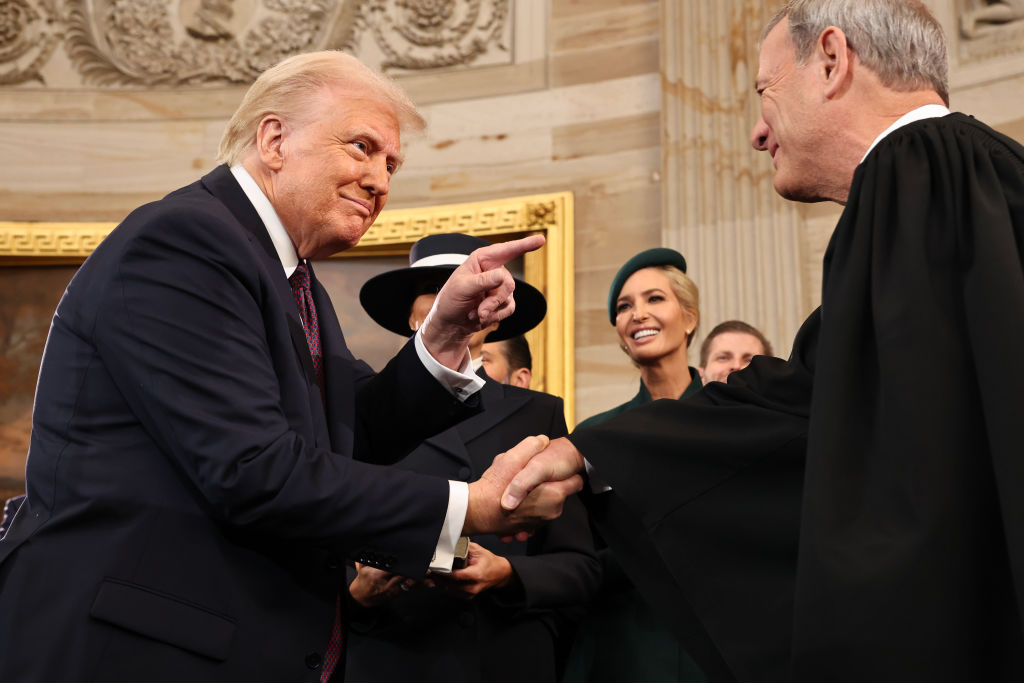
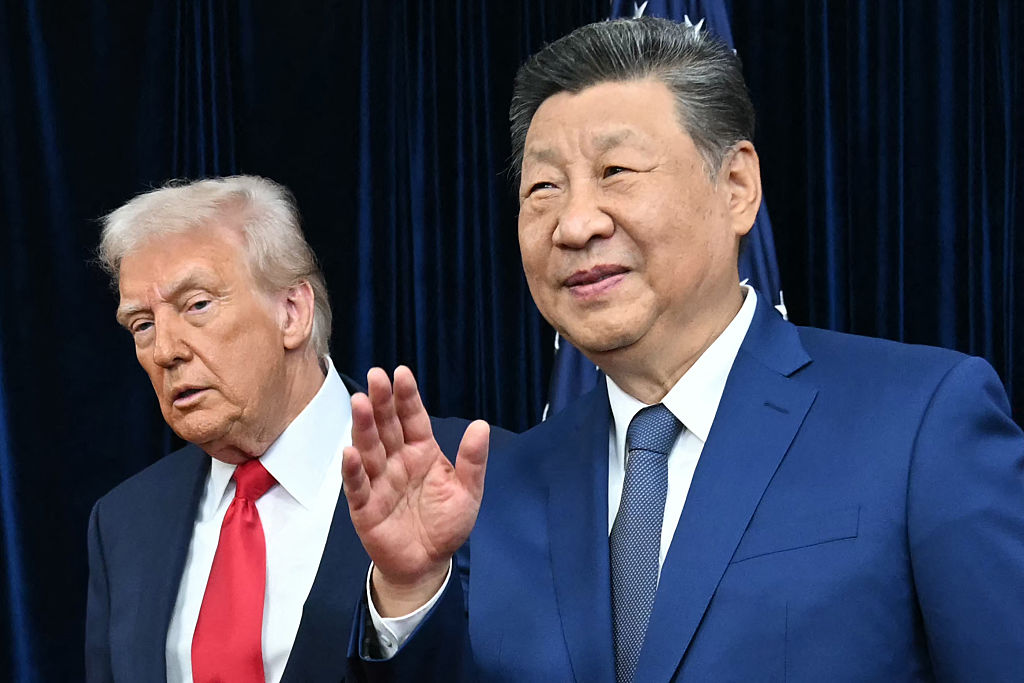
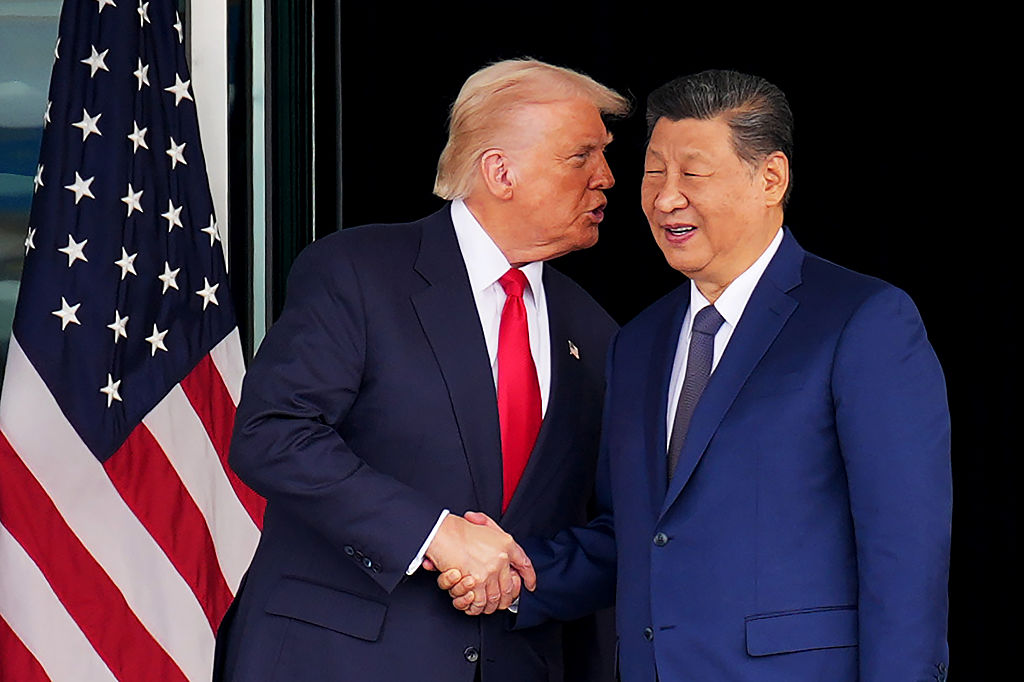








Leave a Reply